The U.S. Supreme Court has told the Trump administration to help bring back a man wrongly deported to El Salvador, but it has not ordered the government to physically return him to the United States.
The case involves Kilmar Armando Abrego Garcia, a Maryland resident originally from El Salvador. He was mistakenly deported on March 15, 2025, even though an immigration judge had earlier ruled he should not be sent back due to threats from gangs in his home country.
What Did the Supreme Court Say?
The Supreme Court’s short ruling, issued without any signed name or dissent, said the government must “facilitate” Abrego Garcia’s return — meaning it must help bring him back. However, the justices refused to support a stronger order from a lower court that said the government must “effectuate” his return.
In simple words, the Supreme Court told the government to try, but didn’t force it to succeed.
Background of the Case
Abrego Garcia had been living in the U.S. since 2011. In 2019, an immigration judge decided he should not be deported due to threats from the MS-13 gang targeting his family’s food business in El Salvador.
Despite that, he was arrested on March 12, 2025, and deported three days later. His family filed a case, and a lower court judge, Paula Xinis, ordered the government to bring him back. The Trump administration appealed to the Supreme Court, saying the courts have no right to interfere with foreign policy or deportation decisions.
Reactions from Both Sides
Abrego Garcia’s lawyer, Simon Sandoval-Moshenberg, said:
“Tonight, the rule of law prevailed. Now they need to stop wasting time and get moving.”
But the Department of Justice also called it a win, saying:
“The court showed that the president controls foreign affairs and courts cannot interfere too much.”
Why This Case Matters
Many public figures believe the court’s decision was a half win.
Legal expert Steve Vladeck said:
“The government can now say they are trying, but they don’t really have to succeed.”
Elora Mukherjee, a law professor, added:
“The decision helps the administration more than it protects Abrego Garcia.”
Justice Sonia Sotomayor and two other liberal justices agreed with the ruling but criticized the Trump administration’s actions. She said Abrego Garcia was wrongly removed and should have been protected under U.S. and international laws, especially due process and the UN Convention Against Torture.
The Gang Allegations
The Trump administration claimed that Abrego Garcia is linked to MS-13, a violent gang. They said he was deported under national security grounds. However, his lawyers denied this, and judges noted there’s no criminal record or solid evidence linking him to any gang.
Judge Stephanie Thacker wrote:
“He is a law-abiding man with a job and family. The government has not shown any proof that he is part of a gang.”
The lower court judge, Paula Xinis, has told the Trump administration to explain under oath what steps it is taking to help bring Abrego Garcia back. A hearing is scheduled to follow.
The court also left open questions about other deportees, especially those removed under the Alien Enemies Act — an old law from 1798 recently used by the Trump government to speed up deportations. The Supreme Court allowed that law to continue for now, but said people must be given notice and a chance to go to court.

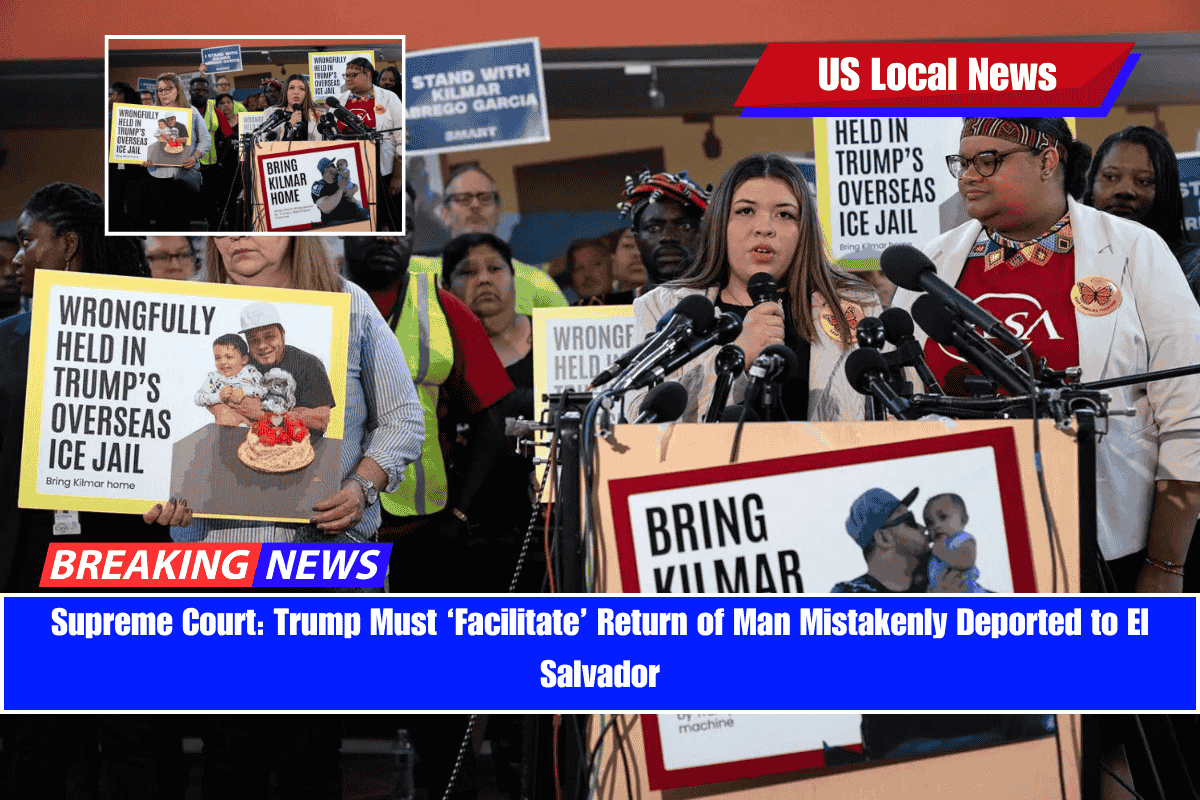
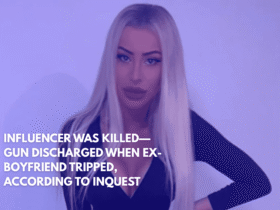


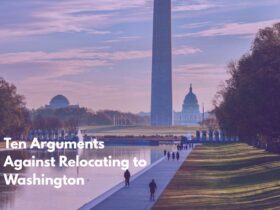

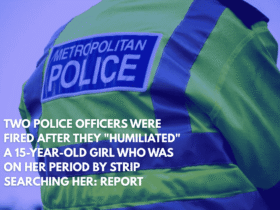
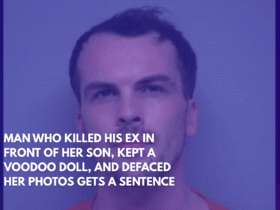
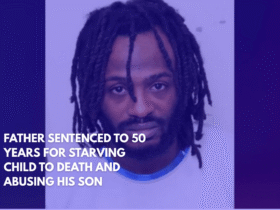

Leave a Reply